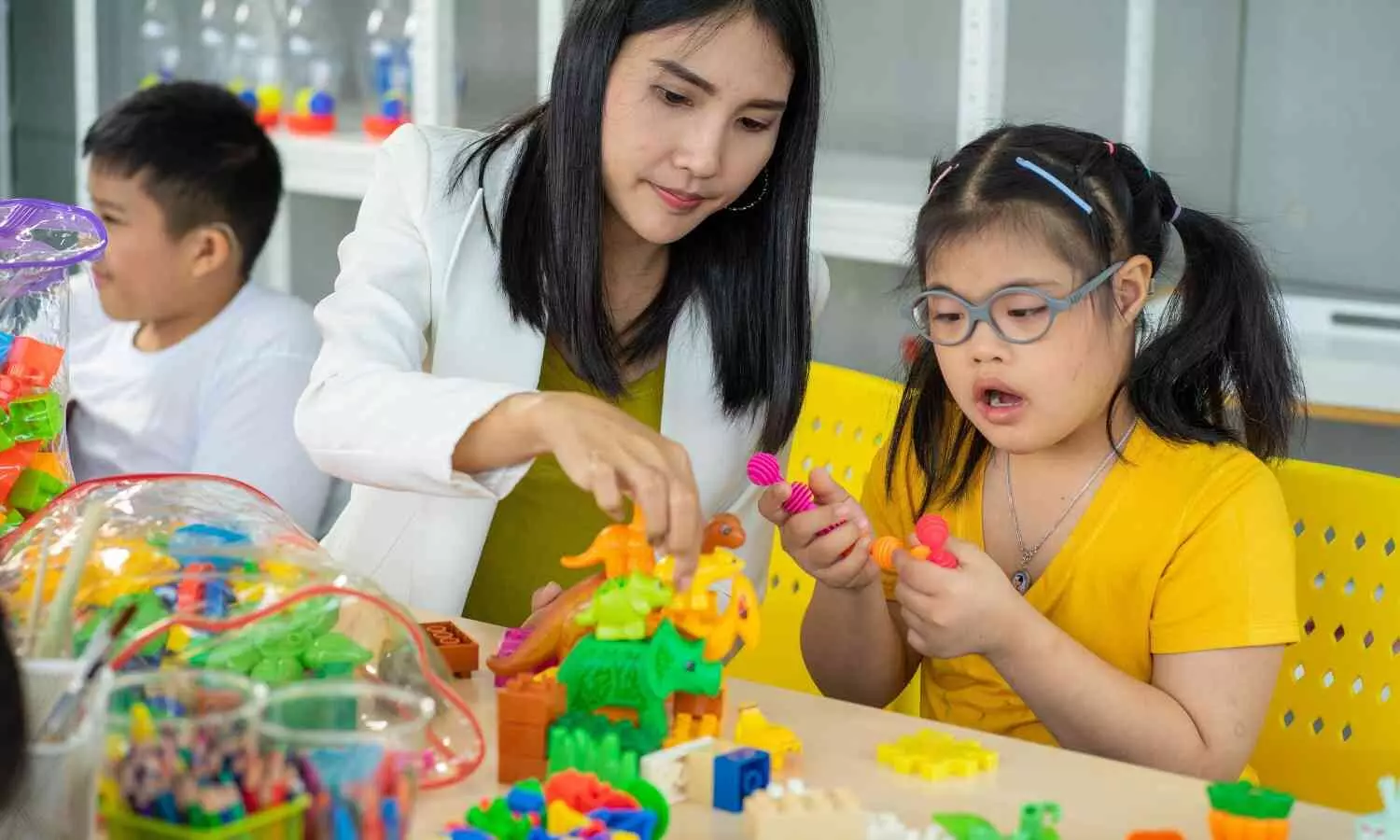Routine Immunization: A Potential Tool for Early Autism Detection

New Delhi: Routine immunization visits provide an opportunity for healthcare workers to identify early signs of autism in children, according to Dr. Sheffali Gulati, Professor and Faculty-in-Charge at the Child Neurology Division, Department of Pediatrics, AIIMS Delhi.
Using social media platform X, Dr. Gulati explained autism as a neurodevelopmental disorder characterized by social deficits, impaired communication, and repetitive behaviors. She highlighted that children with autism often exhibit fixed patterns of interest and may have sensory issues.
Dr. Gulati outlined red flags for identifying autism in children under two years of age. For instance, a 6-month-old baby not responding to their name, a one-year-old who hasn’t started babbling, a 16-month-old not speaking single words, or a 24-month-old not forming two-word sentences may exhibit early signs of autism. Regression in vocabulary is another indicator to watch for.
“It is crucial to assess developmental milestones and autism-specific red flags during routine immunisation visits,” she stated, emphasizing the importance of early diagnosis and intervention. Dr. Gulati noted that behavioral therapy plays a central role in early intervention, supported by medications that may improve developmental outcomes.
Dr. Gulati also stressed the importance of societal acceptance of children with autism. “Children with autism are different, not less. Acceptance of diversity should start at home and extend to schools and society,” she said, advocating for a humanistic approach that ensures a dignified life for autistic individuals.
Highlighting the prevalence of autism, Dr. Gulati referred to a recent study published in The Lancet Psychiatry. The study, based on the Global Burden of Diseases, Injuries, and Risk Factors Study (GBD) 2021, revealed that India had 708.1 cases of autism spectrum disorder (ASD) per 100,000 people in 2021. The prevalence was higher among males (921.4 per 100,000) compared to females (483.7 per 100,000). Approximately 140 per 100,000 individuals in India suffered from poor health and disability due to autism in the same year.
Globally, autism affected an estimated 61.8 million people in 2021, equating to one in every 127 individuals. Dr. Gulati underscored the urgency of addressing this growing health burden and fostering inclusive environments for autistic individuals.


